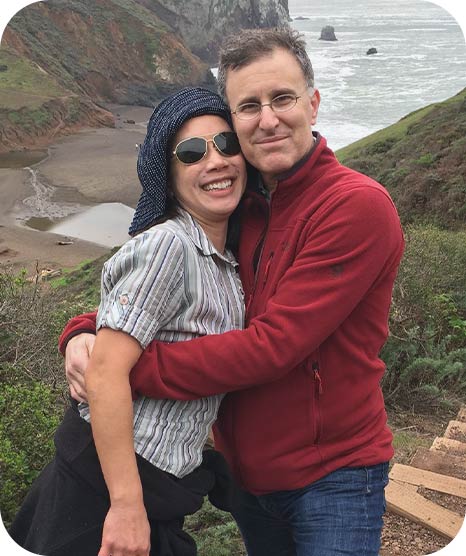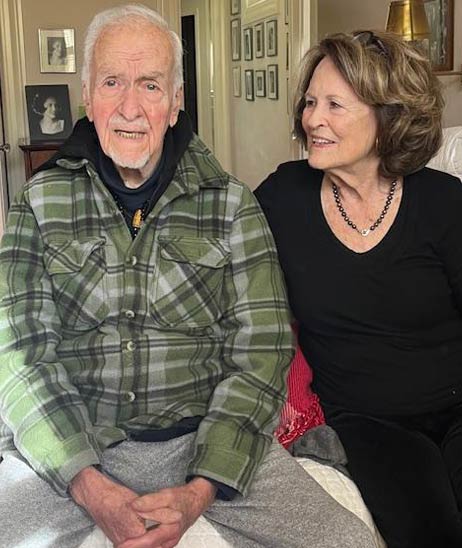Welcome to my practice, where you can experience transformative healing and growth. I believe in the power of the human spirit to overcome any challenge.

I believe that the therapeutic journey is a collaborative process. Together, we will work to create a safe and supportive environment where you can explore your thoughts and feelings, gain insight into your experiences, and develop effective coping strategies. I draw from Psychodynamic, DBT, CBT, and Polyvagal.
Whether you are seeking to address specific issues or looking to enhance your overall well-being, I am here to support you every step of the way. Let’s embark on this journey together, paving the path toward growth and fulfillment.
Together, we can identify the symptoms that can be effectively addressed through talk therapy and, when appropriate, consider the use of psychotropic medication.
Trauma is a universal experience, yet individuals respond to it in various ways. Some may not recognize their experiences as trauma, which can impede their understanding of how these events shapes their lives and influence their coping mechanisms. Trauma therapy offers a safe space to process these experiences and identify the negative impacts on a physical and emotional level. Through this insight, clients become aware of the context and are able to choose new coping mechanisms and communication skills.By addressing trauma in a supportive therapeutic environment, clients can begin to transform their relationship with their past and cultivate a healthier, more fulfilling life. The therapeutic relationship fosters a collaborative environment where we can navigate this journey together.
Contact me today to start your therapy journey.
evenadel4@gmail.com





Together, we can identify the symptoms that can be effectively addressed through talk therapy and, when appropriate, consider the use of psychotropic medication.
The following are the treatment modalities I draw from. I am not an expert in any, but I use skills from each according to my client’s needs.
Mindfulness practices and breath control can activate the ventral vagal system, promoting relaxation and emotional regulation. Facilitating opportunities for clients to engage in positive social interactions, whether through group therapy or community involvement, can enhance feelings of safety and belonging.
I try to recognize when clients may need pharmaceutical intervention, and I am committed to working collaboratively with other healthcare professionals. Medication can help with daily functioning. This collaborative model not only enhances the quality of care but also provides clients with a more supportive and effective treatment experience. If you have any specific questions or need further information on this topic, feel free to ask!
Through our collaborative work, you will learn to explore the origins of your thoughts and beliefs, gaining insight into how they influence your emotions and behaviors. Together, we will identify patterns that may be contributing to your symptoms, such as anxiety, depression, or self-defeating behaviors. By bringing these patterns to light, we can work on modifying them to foster a healthier mindset.